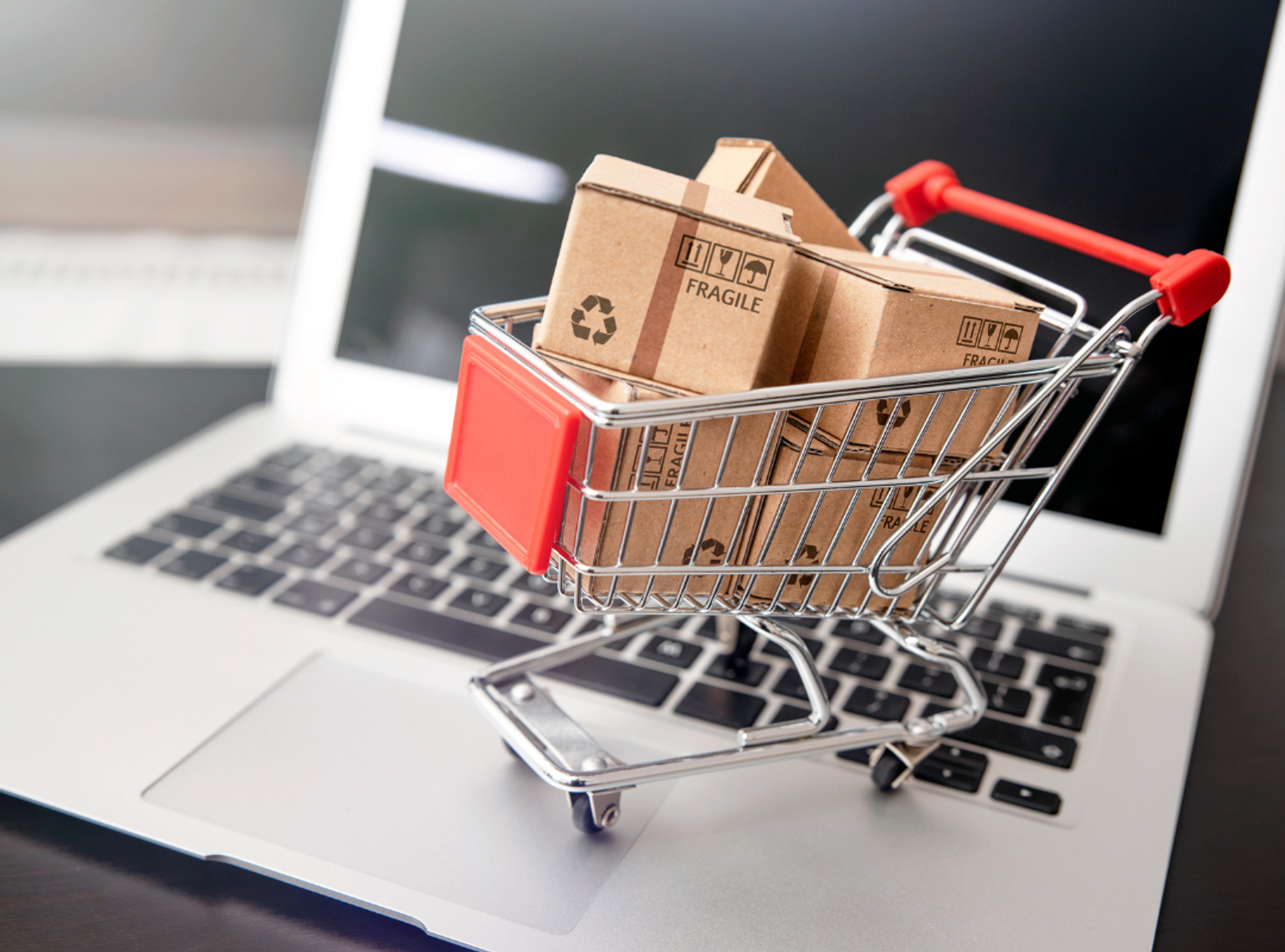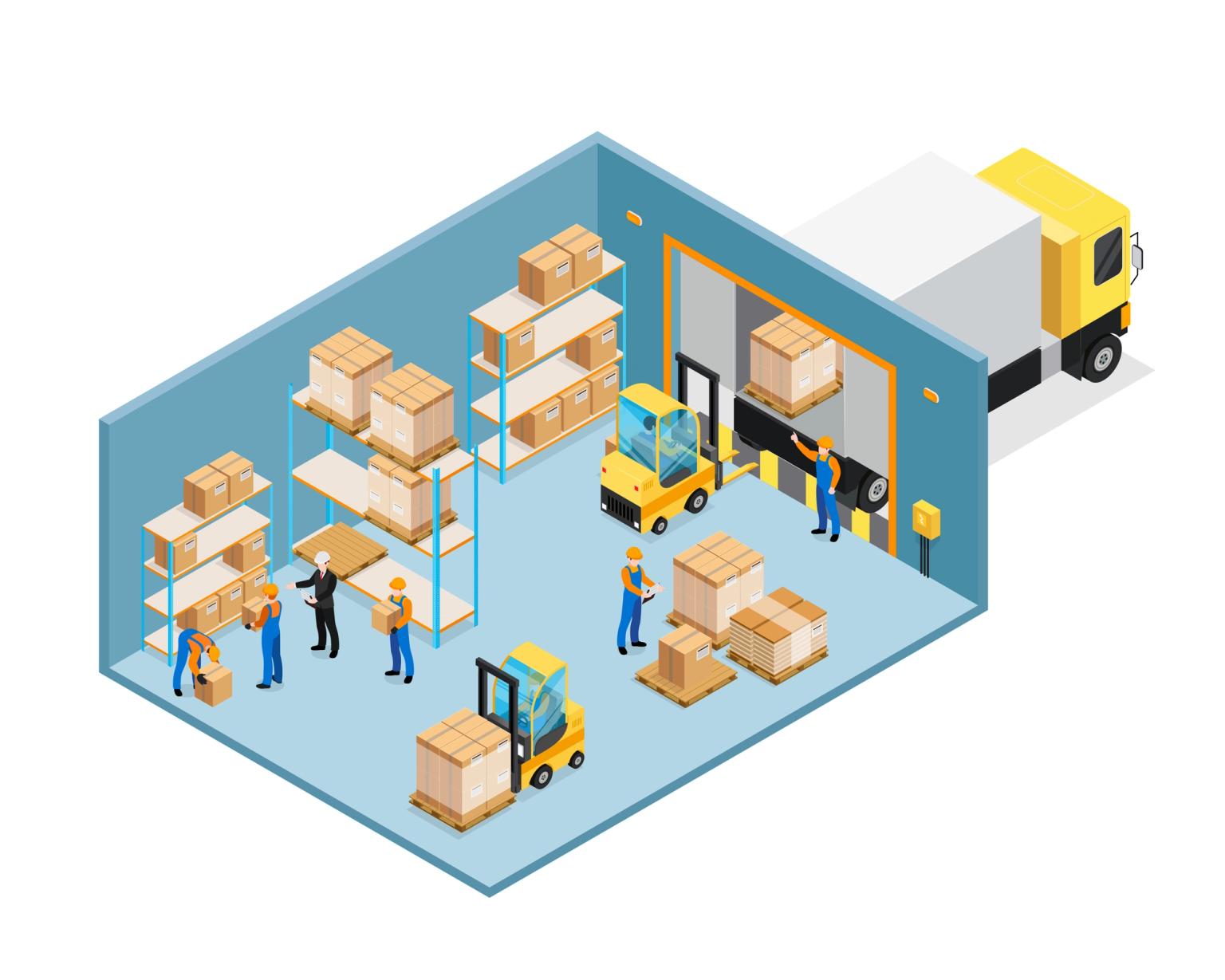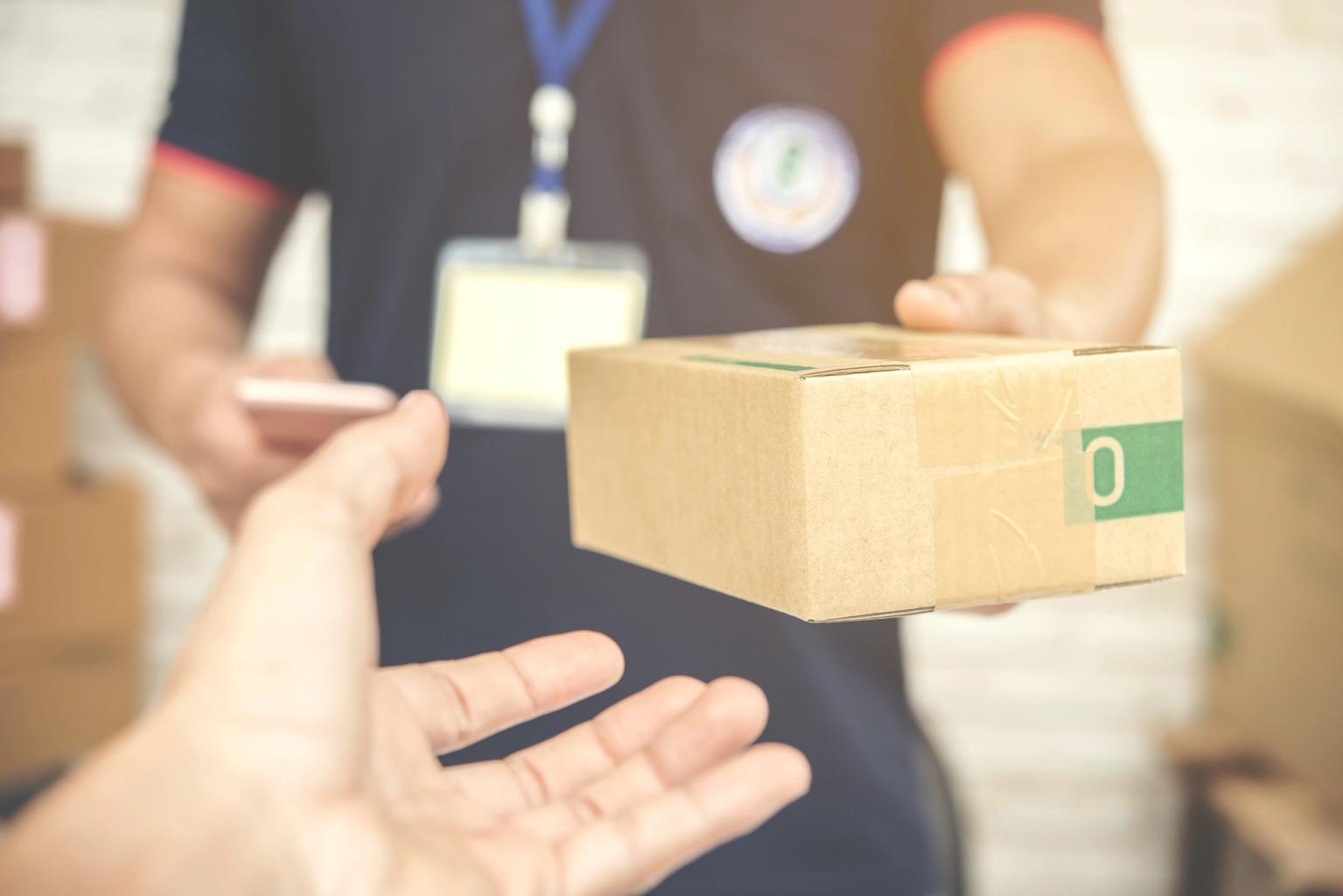Private Label vs. Amazon FBA Business: Which One to Start?
Maximize your profits with a suitable business model. Private Label vs. Amazon FBA: Which One to Start? Read more!


Many sellers that are looking to start an online store on Amazon are often confused about which strategy would work best for them. You have to make decisions not only in terms of standard factors like price, product category, quality, or shipping costs but also about what business model to choose: Amazon FBA Wholesale or Private Label.
Overview of Amazon FBA Wholesale
Amazon FBA (Fulfillment by Amazon) is a business model that involves purchasing branded products from a manufacturer in bulk at a discounted price and reselling them at a profit on Amazon. You can order as much quantity of a product in demand and quickly replenish your inventory. As a result, you can earn handsome profits as long as you can find reliable wholesale suppliers.
Pros of Amazon FBA
Here are some of the biggest things that stand out about Amazon FBA Wholesale.
Painless Shipping and Logistics
You have to manage the logistics only up until the point that your products arrive at the FBA warehouse. After that, Amazon does all the work for you. You just have to keep track of your listings and ensure they are stocked on product, while Amazon will take care of fulfillment from start to finish.
Exceptional Customer Service
Amazon offers its own customer service for FBA sellers. You can also use their FBA platform to deal with your own customer service needs for easy management.
Quick Delivery
Products in FBA automatically get the Prime badge and are eligible for Prime free shipping (to the customer) and shipping times.
Discounted Shipping Rates
You’ll have to spend less on your shipping costs through the FBA platform. Although you’re paying fees, it’s still cheaper than managing your own shipping and fulfillment in-house.
Managing Returns
Along with sales, FBA also handles returns and refunds as they’re considered part of the fulfillment process. This takes one more burden off your shoulders.
Omnichannel Fulfillment
The Amazon Multi-Channel Fulfillment (MCF) service allows you to sell your items on numerous platforms and channels (like BigCommerce and eBay) while still having Amazon fulfill them.
More Storage Space
You get access to unlimited storage space because Amazon has warehouses all over the country. This saves you from the hassle of storing, moving, and managing inventory.

Source: Freepik
Cons of Amazon FBA
Here are some of the reasons that FBA might not be the right solution for your needs.
Cost
FBA is a really convenient service, but it costs money, which might be an issue when you’re just starting out. Plus, you’ll have to bear long-term storage fees as Amazon doesn’t like sitting on inventory.
Product Requirements
Amazon FBA has its own list of product requirements, including packaging, proper labeling, and other inventory warehousing guidelines.
Limited Control
Amazon owns all the product listings on its platform. This means you’ll have little control over how many sellers can make their inventory for sale on your listing’s Buy Box.
Less Profit Margins
Due to the growing competition, some wholesale sellers have to significantly decrease their prices, which can reduce the profit you’d want to make.
Overview of Amazon Private Label
With this business model, you can create your own brand and sell your own products on Amazon. You’ll have to source items from manufacturers who will customize products to your unique specifications and ship them to Amazon to be sold.
Pros of Amazon Private Label
Private label offers a number of benefits, including:
Complete Control
You have full control over your brand and products. From the branding elements and the supply chain, to packaging and price, you are free to decide everything.You are not only an ultimate distributor but truly a brand owner.
Higher Profit Margin
You will not have to reduce the price due to other sellers selling the same product. This can protect your profitability and make you more money.
Buy Box Ownership
Once you enroll in Amazon Brand Registry, you can get protection over your Amazon listings’ Buy Box. This way, you can stop competitors from selling on your listing and benefiting from your hard-earned traffic.

Source: Freepik
Cons of Amazon Private Label
Here are some of the drawbacks of this business model.
More Work Involved
You’ll have to create branded products with a logo, packaging, instructions, and more. Also, you’ll have to raise brand awareness for a long time and have a relevant product selection. Over time, you may also have to create a website and invest in building your brand reputation
Time-Consuming Process
You’ll have to research and source products, create listings, build an audience, learn to advertise, run campaigns, optimize listings, and more.
More Risk
You are responsible for your brand and the products you sell. If your brand isn’t well received, this will affect your sales and, therefore, your profitability.
Set Up & Automate Your Amazon Store with AWM
Generally, FBA wholesale is easier to set up, while the private label model is more of a long-term process that gives you the advantage of ownership (and, therefore, less dependency) over distribution. However, it requires much more work to scale up. No matter your business model, our Amazon experts at AWM can help you start and grow your online business.
Our team provides a done-for-you retail management service to maximize profit gains –from establishing your store and utilizing funding to running your logistics and inventory. Schedule a call to discuss how we can help you start and scale up your Amazon store faster and smarter than ever.